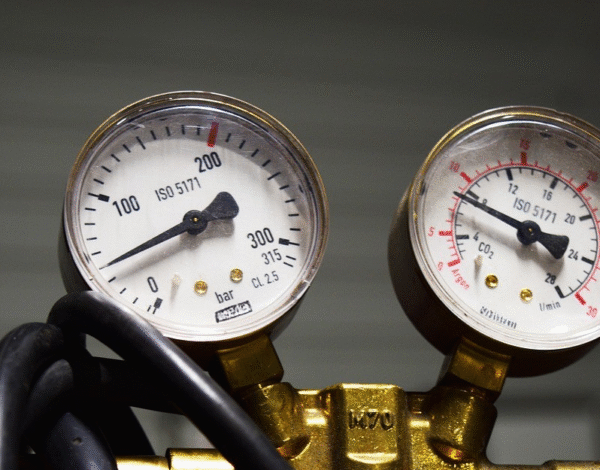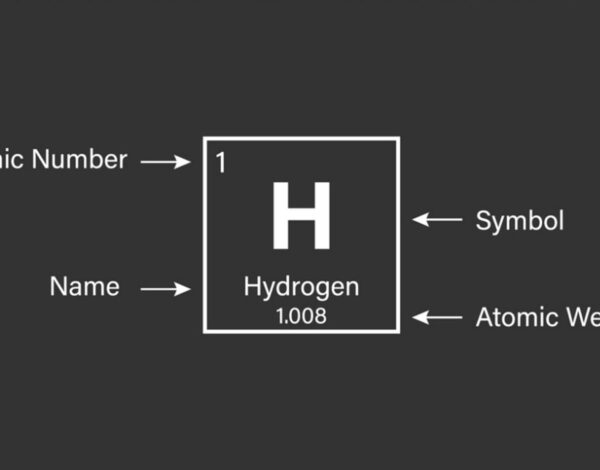

New Carbon Dioxide Code Regulations for Denver Restaurants
Making sure your business is up to date on code regulations may have to be an obligatory New Year’s resolution. Effective as of January 1, 2018, all new build construction and pre-existing users of Carbon Dioxide systems used in beverage dispensing applications must be in compliance with updated regulations mandatory for Denver, Colorado.
This code is fairly new, as it first went into effect January 1, 2016 but was only enforced for newly opened restaurants in Denver. Now, all convenience stores, restaurants, breweries and others must be sure that their systems and permits are up to date, or else they may not pass upcoming fire inspections.
What is the Concern?
Carbon Dioxide displaces oxygen, and in high concentrations is an asphyxiate, causing unconsciousness and eventually death. As the gas is colorless and odorless, it is nearly impossible to notice a leak without a proper detection system in place. The new policy intends to prevent accidental harm or death potentially caused by CO2 gas leaks in beverage systems.
Although no recorded incidents have occurred in Colorado, as of 2016, four people in the USA died from Carbon Dioxide exposure in businesses. Incidents of Carbon Dioxide asphyxiation caused harm to customers, emergency responders and employees. Government officials updated the regulation laws to prevent future issues.
Who is Affected?
The following circumstances of beverage dispensing systems using CO2 are affected by the new policy:
1. Beverage Systems that have greater than 100 pounds of CO2 on a particular system.
– This affects systems either set up as a manifold system having greater than two full size (50 pound) cylinders of CO2 hooked to the system at any given time, or systems that include a Carbo-Mizer having a capacity of greater than 100 pounds.
2. Beverage Systems that have any amount of CO2 gas below grade, including blends of CO2.
– This affects any system located in a basement or lower level area that is below the outside ground level surrounding the building, for any amount of CO2.
The policy covers new installation, maintenance, operation and permitting requirements. If you use one of the affected systems, the new policy requires your business to add or update a monitoring system, ventilation systems, tubing/piping systems, shut off valves and alarm systems. It is important to note that legal action will be taken if your business is not in compliance. You may have to make some of the following changes:
– Relocating cylinder gases to an upper level of your business
– Get approval of container, cylinder or tank locations inside or outside of the building, and ensure that they are secured to prevent physical damage
– Acquire a new construction permit to install, repair, abandon, remove, place temporarily out of service or close, or modify systems with over 100 pounds of CO2
– Acquire a separate tank installation permit required for bulk tanks over 2,000 pounds
– Ensure that all containers, cylinders and tanks have been designed, fabricated, tested and labeled in compliance to the manufacturers’ specifications
– Create the appropriate markings for CO2 by labeling content with the name and having direction-of-flow-arrows at each valve, no less than every 20 feet of piping
In order to remain in compliance with these new regulations, RMA has had to make a change in our operations as of January 1, 2018. Until the business is in compliance with these regulations, we are unable to move any cylinders to any below grade locations, such as down to the basement level. We are still able to deliver cylinders to your business, but our drivers cannot relocate them down the stairs until you have received an updated permit.
The policy can be viewed in full here.
How We Can Help
At Rocky Mountain Air Solutions, we believe it is our responsibility as a distributor of gases used in the beverage industry to notify our customers of new regulations. As policies continue to change, it is our goal to ensure that our clients are aware of the alterations they will need to make to keep their business running. We care that restaurants are up to code, and our customers are working in a safe environment for their employees, their customers and any emergency responders.
Making compliance updates may be costly – there are reports that range from $6,000 to $10,000 and potentially more. To either help you avoid or minimize the cost, we can assist you by moving your cylinder gases to an upper level of the building. We are passionate about providing solutions, which is why we examine each situation on a case by case basis. We can help you determine the next steps you will need to take to make sure you pass any future fire inspections.
We are visiting customers who may meet the criteria for an updated permit and new installation or maintenance due to this regulation that is now in effect. Contact our customer service group at (303)-777-6671 for someone to review, assist and address any problems brought forth by the new Carbon Dioxide regulations. The Denver Fire Department is also available at (720)-913-3474 to address any questions or concerns.



